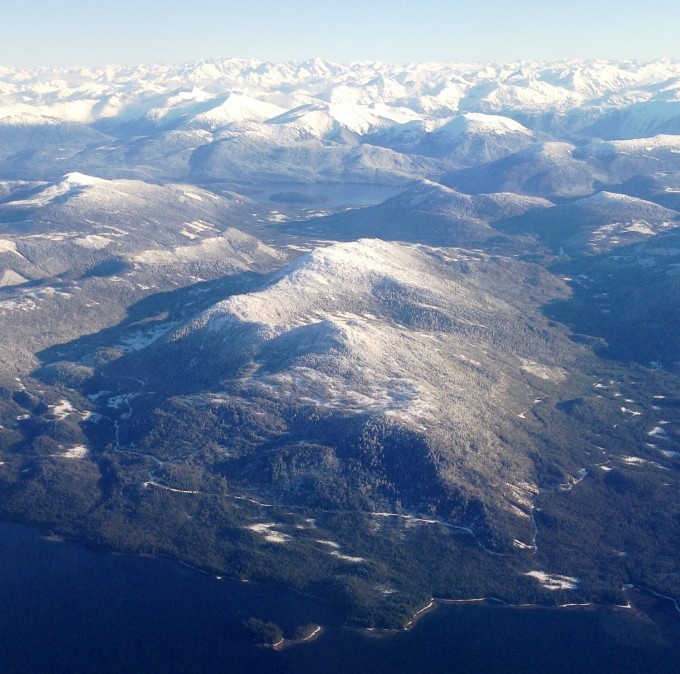
News confirming that the U.S. Department of Agriculture plans to fully exempt the Tongass National Forest from the Roadless Rule came as a disappointment to members of Alaska’s visitor industry Tuesday.
But tourism operators say they plan to continue pushing back against further development in the Tongass that they feel threaten their industry.
Rumors began circling in August that President Donald Trump had directed the U.S. Forest Service to draft a full exemption of the Roadless Rule for Alaska. That’s despite the fact that a majority of the public input received during last year’s comment period opposed allowing road development in remote parts of the Tongass.
Many of those comments came from members of the growing Southeast visitor industry. According to Raincoast Data, an economic analysis firm, it’s now the largest private sector industry in the region.
Tourism jobs outnumber timber industry jobs by more than 20-to-1. And tour operators say allowing more logging and land development in the Tongass directly threatens their businesses.
“People aren’t coming to Alaska to see clear cut forests and mines and pipelines and oil rigs,” said Lee Hart, founder of the Alaska Outdoor Alliance. “They’re coming to see the magnificent public lands and waters and glaciers and wildlife that we have here.”
Hart attended last week’s Alaska Travel Industry Association convention in Juneau, where she and other tourism operators from Southeast and other regions of the state urged the organization’s board to push back against an exemption from the Roadless Rule.
“Our landscapes are just the thing people around the world dream of coming to,” Hart said this week. “So why can’t we get more investment and positive attention to that type of development and not try to exclude it?”
Many people, including Hart, said during last week’s board meeting that they felt like their involvement in the public process had been thrown out. The board declined to take any specific action at the time.
In an email, ATIA spokesperson Julie Jessen said the organization would not comment, but its executive committee will be meeting later this week to discuss the issue.
Dan Kirkwood runs Pack Creek Bear Tours, a wildlife viewing company in Juneau. He also works on Forest Service issues with other tour operators through a Juneau Economic Development Council working group.
He said that prioritizing resource development over tourism will lead to more competition among tour operators.
“This shrinks the pie for everybody. I think the way in which this decision was made has caused a lot of angst,” Kirkwood said.
He hopes business owners will continue speaking up on behalf of their industry.
“We need to stand up for having incredible scenery, wild places, outstanding wildlife, and we need to stand up and demand that the Forest Service takes us seriously as an economic opportunity,” he said.
The public comment period for the draft proposal ends Dec. 17.
Clarification: This story has been updated to more accurately reflect Dan Kirkwood’s position on tourism’s role in the Tongass.
